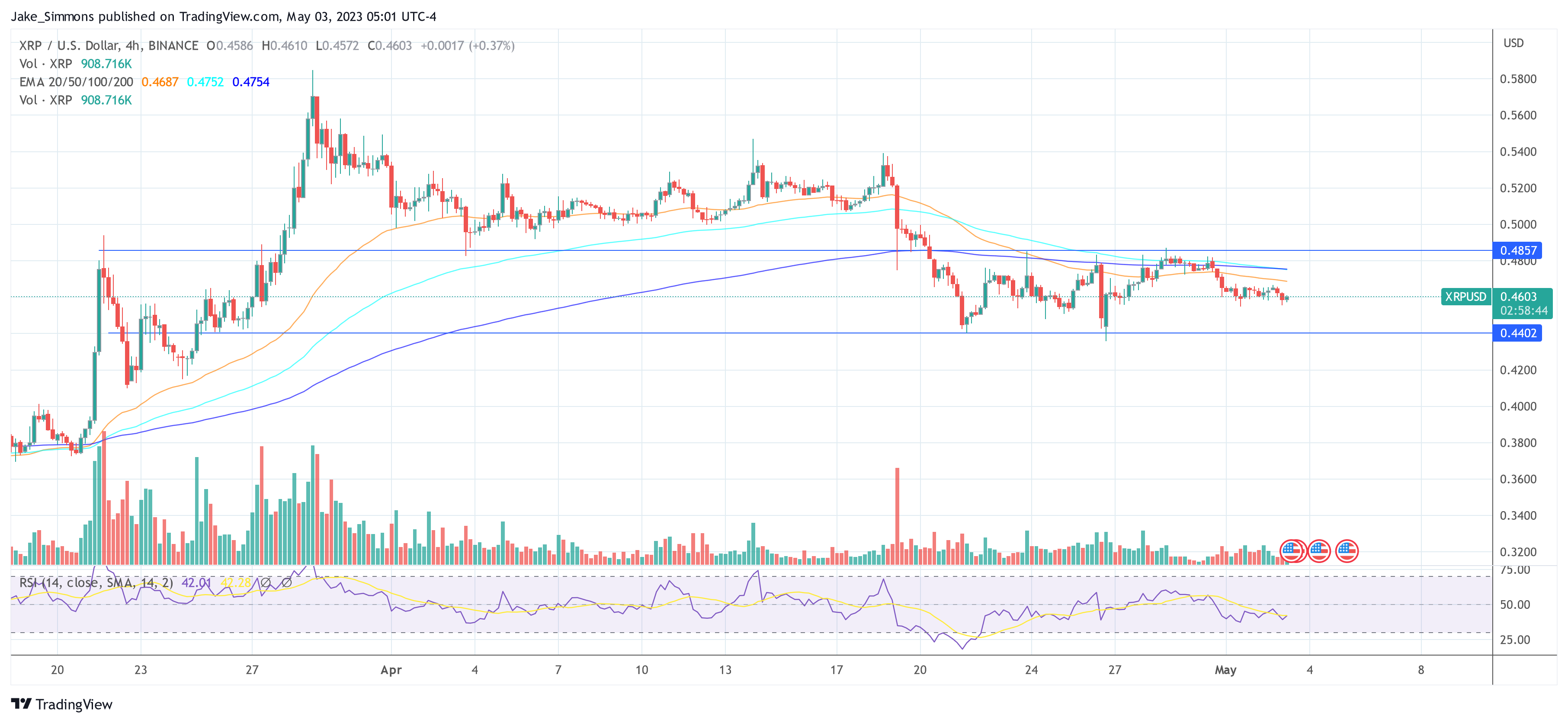The comparison of Ripple to Chevron and XRP to oil is already a few years old. Cory Johnson already claimed in 2018: “Ripple is like Chevron, XRP Is like Oil. You can buy all the oil you want and it doesn’t give you access to Chevron profits, and you can be a Chevron shareholder but you have no control over the price of oil.”
And that comparison took on new relevance Monday. The Supreme Court announced it will address the Chevron doctrine, which gives federal agencies, such as the U.S. Securities and Exchange Commission (SEC), significant leeway in interpreting ambiguous laws.
Supreme Court justices will decide in the next term whether to overturn the decades-old precedent. The 1984 Chevron Deference, named for the court’s decision in Chevron U.S.A. v. Natural Resources Defense Council, has become one of the most frequently cited precedents in U.S. administrative law.
It established that, where a statute is ambiguous, courts should defer to the interpretation of the appropriate regulatory authority, provided that such interpretation is reasonable. Remarkably, shortly after the SEC filed its case against Ripple in December 2020, former U.S. Attorney James K. Filan made a prophetic prediction via Twitter:
When it comes to SEC v. Ripple, and all the different federal agencies trying to regulate crypto, start thinking about the bigger picture, like Chevron deference, the major questions doctrine and our new Supreme Court makeup.
Will Chevron Doctrine Review Help Ripple?
Critics of the Chevron doctrine argue that it grants regulators overreaching powers and allows them to exceed the statutory framework, given by Congress. In the context of the Ripple lawsuit, the SEC may argue that XRP qualifies as a security under the Howey test, even though cryptocurrencies did not exist in 1946.
According to XRP community attorney John E. Deaton, the Chevron doctrine “is a very dangerous approach because it involves unelected government officials who have extreme power.” The best example, he says, is Gary Gensler, chairman of the SEC, who can disregard existing law.
“Even if the judge disagrees with the interpretation, if it is objectively reasonable, then the agency can define rules,” warns Deaton, who, however, sees no direct application to the Ripple SEC case. According to him, the Chevron doctrine is more important in other respects, as Ripple does not involve an unclear definition around an investment contract:
So, the Chevron case is not directly applicable to Gary Gensler and the SEC and what they do with crypto. What they are doing is not interpreting a statute, they’re grossly expanding – unconstitutionally in my opinion – the Howey decision and the reach of the Howey test, applying it to the secondary market and the asset itself.
Where the Chevron doctrine matters for crypto, according to Deaton, is the banking issue. With that in mind, the XRP lawyer believes Caitlin Long, founder of Custodia Bank, is fighting the “most important battle for crypto” by applying for a banking license.
At press time, the XRP price was at $0.4603, remaining within the range it had fallen into on March 20.











